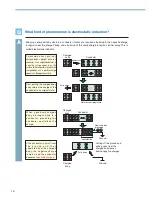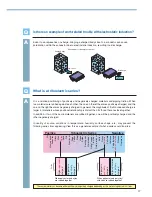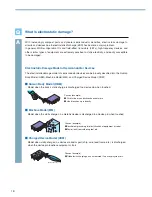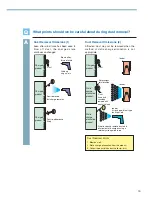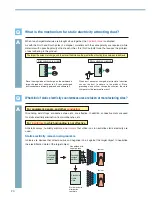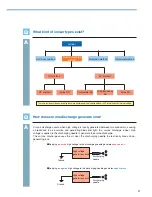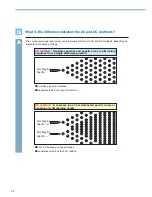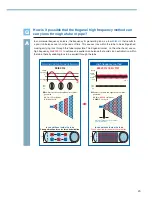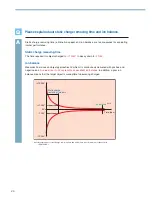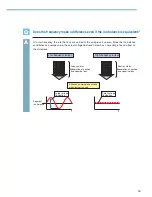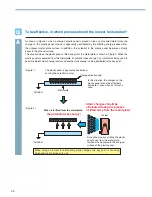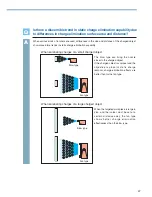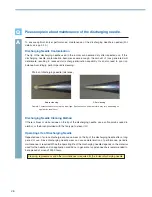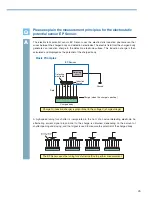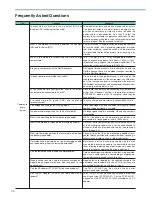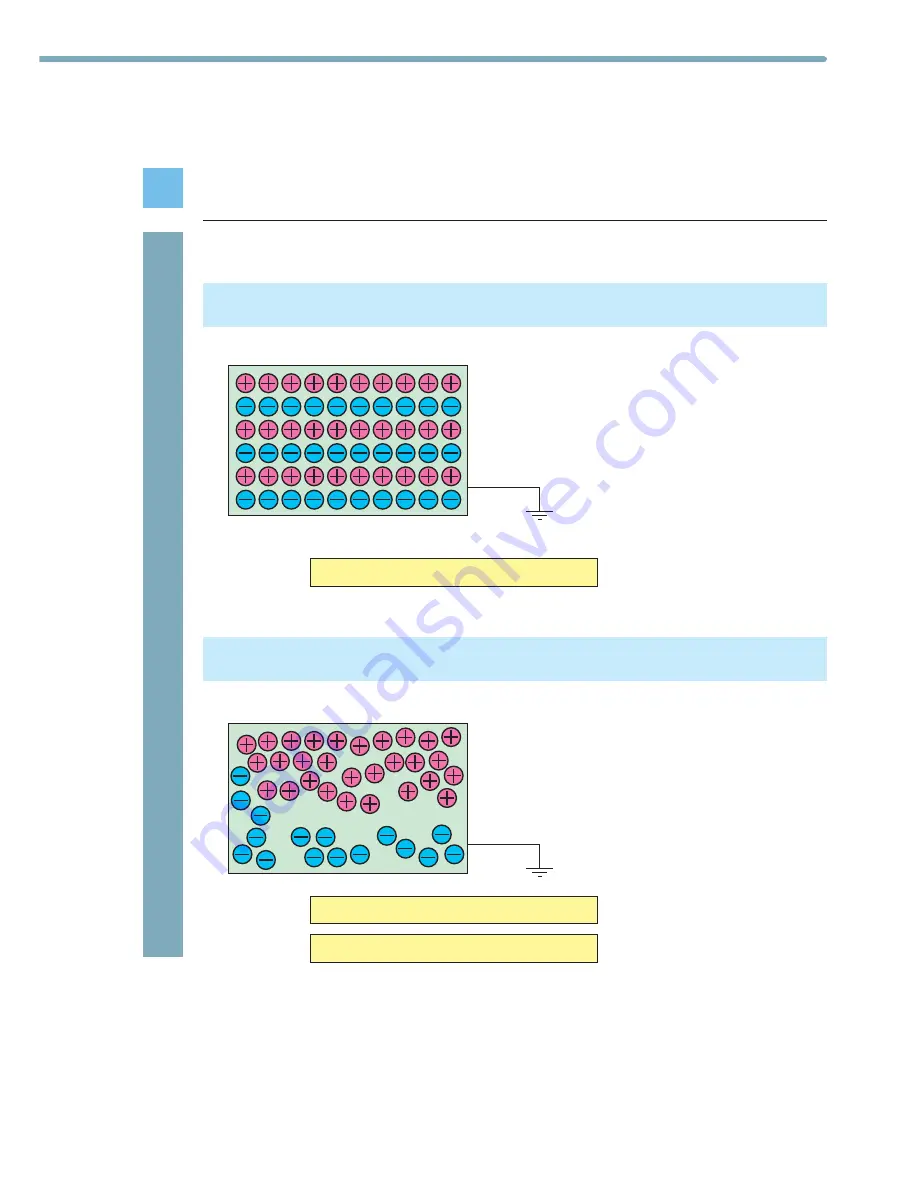
15
Q
What is the difference between a conductor and an insulator?
A
Conductor:
Materials that conduct electricity easily
→
Iron, copper, aluminum, carbon, etc.
Insulator:
Materials that conduct electricity poorly
→
Plastic, rubber, glass, etc.
Grounding the conductor results in 0V.
Since electrons move freely through the
c o n d u c t o r, g r o u n d i n g t h e c h a r g e d
conductor results in 0V.
Ground
Electrically balanced state
Ground
S i n c e e l e c t r o n s d o n o t m o v e f r e e l y,
grounding the charged insulator does not
result in 0V. In addition, the amount of
charges varies by location, resulting in
different polarities from one point to another.
Grounding an insulator does not result in 0V.
Insulator charge is not evenly distributed.
Conductor image
Insulator image
Electrification acts differently between a conductor and an insulator.
















